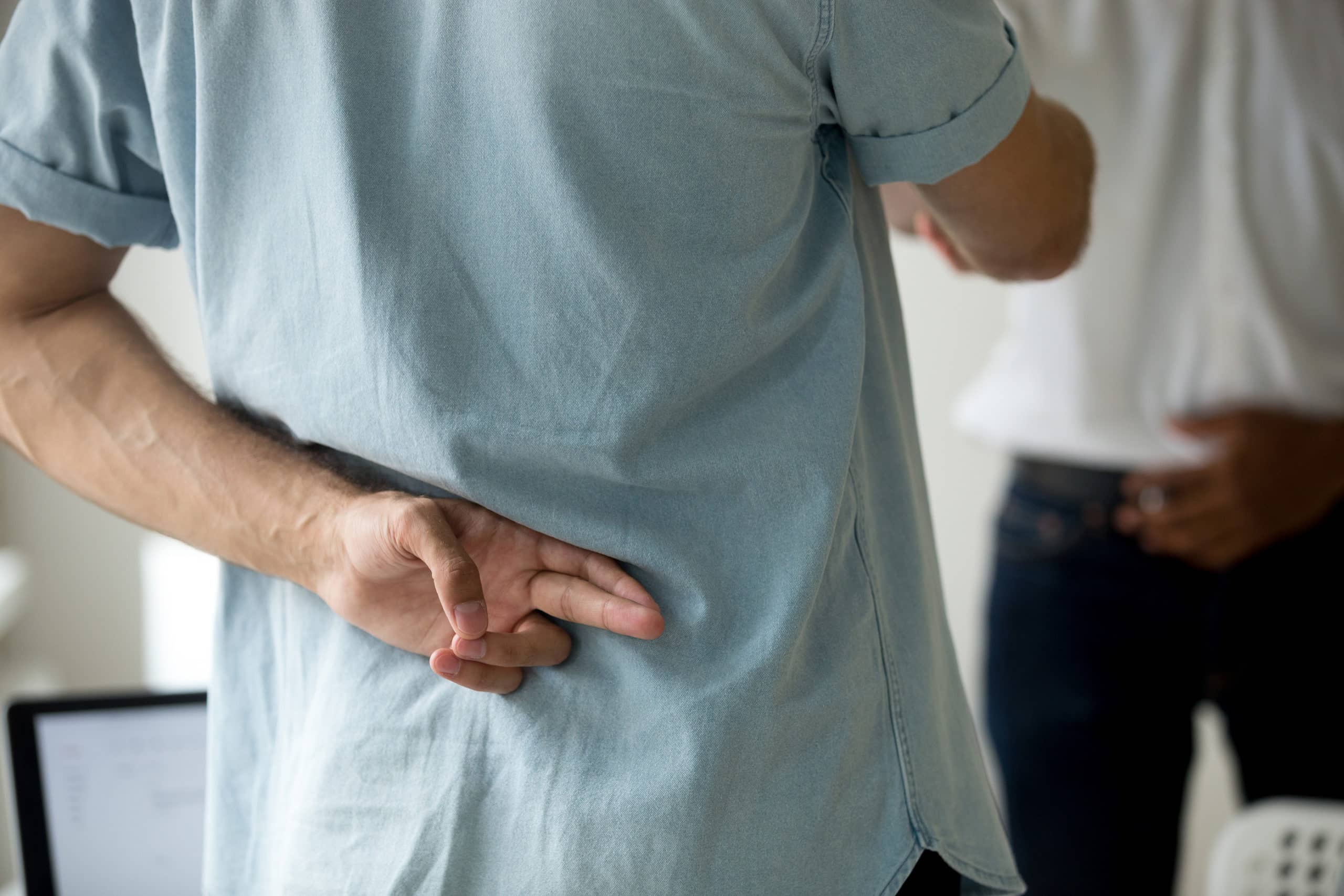Why are Oregon and Pennsylvania lapping California on lab testing regulations?
The Beard Bros take a deeper dive into THC inflation and lab shopping, and how some states are trying to combat them both.

 You may remember the Croptober harvest of headlines about two disgruntled custies in Cali suing Dreamfields Brands, Inc. for allegedly mislabeling some ‘Jeeter’ brand pre-rolls to imply that the products had a higher THC content than what later lab tests would reveal. Claiming unfair competition, false advertising, and negligent representation, the legal action of People v. Mids definitely got attention nationwide and sparked a larger conversation about the accuracy of cannabis labeling, and where that responsibility lies.
You may remember the Croptober harvest of headlines about two disgruntled custies in Cali suing Dreamfields Brands, Inc. for allegedly mislabeling some ‘Jeeter’ brand pre-rolls to imply that the products had a higher THC content than what later lab tests would reveal. Claiming unfair competition, false advertising, and negligent representation, the legal action of People v. Mids definitely got attention nationwide and sparked a larger conversation about the accuracy of cannabis labeling, and where that responsibility lies.
Here at Beard Bros Pharms, we have spilled a lot of ink trying to educate the masses about the perils of shopping for cannabis based solely on THC totals. Simply put, if that’s what you’re doing, you’re doing this whole thing wrong. But, as long as custies keep pressuring retailers to provide ever-increasing THC percentages, those same retailers are going to pressure their wholesale partners, who in turn are going to pressure one of two groups – farmers who will tell them they did their best and it’s a plant maaaaaan, or testing labs who ultimately provide the potency numbers at the root of the problem.
So, yes, forward-thinking farmers are definitely doing all they can to optimize the potency of their plants, but that’s a slow and honest game. Ain’t nobody got time for that in legal weed! Instead, a practice called “lab shopping” has become incredibly prevalent, not only here in California, but in any regulated cannabis market that relies on loosely regulated labs to police a highly regulated crop.
Just like growers, extractors, or retailers, there are many for-profit testing labs licensed by the state who need a steady flow of product/customers in order to pay their bills. It is highly competitive. Repeat business is crucial for survival.
Here in California, all regulated cannabis products must be tested for potency and purity by a third-party lab before they can be sold to the public. This is a compliance check to be sure that the products are safe AND that consumers can trust the data put on the label regarding the potency and purity of the product. Brands cannot just tear up this compliance test result and shop it around, but they can run as many unofficial “R&D” tests on those products as they want or can afford – that is where the lab shopping happens. They submit a handful of different batches to a handful of different labs for R&D tests hoping to see a trend they like (like elevated THC totals) from one of those testing labs. Then that lab gets all of their compliance testing biz as well.

This may not be happening in every lab in Cali, but it is happening every day in Cali.
Regulators in Oregon see it happening not only down here, but in their neck of the woods as well. The difference is, they are going to do something about it.
OREGON LAB TESTING WARS 2023
Looking to curb the prevalence of so-called “lab shopping” in Oregon’s regulated cannabis market, regulators there have added a new rule which warns state-sanctioned cannabis companies that their product samples may be randomly audited and sent to a second lab of the regulator’s choosing, so the product’s potency and purity can be verified.
This new rule was approved by the Oregon Liquor and Cannabis Commission (OLCC) on November 17th. It takes effect on January 1, 2023.
This is certainly a step in the right direction but does nothing to address the fact that there are basically zero standards from one testing lab to another. Reputable labs seek out third-party certifications to demonstrate their level of precision and professionalism, but the fact remains that 20% THC might not correlate from lab to lab.
This seems like a recipe for some epic showdowns between labs as there are almost sure to be some significant discrepancies in their results, even when they test the same batch of buds.
Will the state just take the 2nd lab’s word for it?
Do they add ’em both up and divide by two?
There are still a lot of questions about how this is going to play out in Oregon, but we will be watching.
PENNSYLVANIA LAB TESTING… X 2
In our home state of Pennsylvania, recreational cannabis has so far failed to launch. The state does, however, have an established and regulated medical cannabis marketplace.
In that system, cannabis producers now must have their products tested by two different labs of their choosing. The law mandates that the first test be performed at the time of harvest and that the second test – by a second lab – be completed after the cannabis has been processed into a sellable product (ie. dried, cured, trimmed, etc.).
Ahhh, now we are getting somewhere. Still not a perfect solution by any means, but this wrinkle in lab testing laws forces us to consider the fact that the active components of the cannabis plant begin to change or degrade from the moment that plant is chopped down. Those changes and degradation can be slowed by utilizing ideal environmental and storage conditions, and by shortening the supply chain between the farmer and the consumer, but it cannot be stopped. So, testing the “same batch” weeks apart is sure to deliver varied results.
Have Oregon’s regulators considered that?
POWER TO THE PEOPLE
The fact remains, as long as y’all keep waltzing into pot shops and asking for nothing more than the highest THC, these problems will persist and nobody will really know what they are getting. Pitting labs against each other without giving them one common rulebook sounds like a recipe for a World Star Hip Hop video clip, but hopefully we are wrong. Though, we rarely are 😉

















